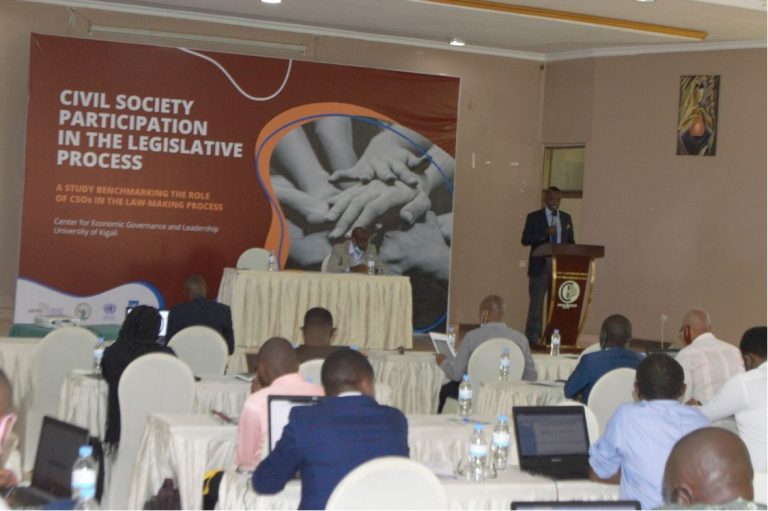Dear Students,
As has been communicated to you, the school has put in place a mechanism to assist graduating students missing a module to be taught and assessed under a special arrangement with an assigned lecturer. To this end, I was tasked with assisting those missing the “Seminar” module. Seminar in the School of Law curriculum is a unit with flexible content, as determined by the individual lecturer. A seminar is usually dedicated to a particular area of practice or scholarship designed to engage participants in an in-depth discussion of the chosen topic, often based on assigned readings that students get to read, present and/or discuss either in group or plenary. Assessment is usually carried out through individual assignments and group work products that form the basis of a student overall grade for the unit. Additional aspects that are also graded include class participation, innovation and active engagement in the Seminar.
Considering the current circumstances and the fact that there are only two of you, I suggest that this ‘mini’ Seminar be conducted with some adjustments to the typical format of a Seminar:
1- Topic: I usually offer a Seminar on Civil Society Law, which I propose we maintain:
2- Unlike the interactive unit that is usually offered, this shall be a lonely exercise indeed, since you shall work separately on your dedicated assignments.
3- From the provided full seminar curriculum, you shall pick four (4) topics on which to write four (4) short (not exceeding 400 words each) reflective journals on the topics of your choice. Should you fail to source your chosen topic via the internet, get in touch with me to get the material or, simply, let me know which readings are of interest to you and I shall promptly avail the materials. You may indicate more readings than the required work product and make your choice having glanced through the variety of materials.
4- The exercise is not meant to be stressful. Should you find yourself stressed out, stop, and get in touch.
5- A reflective journal is just that: your reflection upon reading the assigned materials. What does the reading mean to you? What sort of additional associations to you get upon reading the materials? Do you have more questions? Do you, perhaps, have a different opinion? Do you agree or disagree with the premise of the reading? How does it relate to your everyday experience? Do you think that context matters? Express yourself, challenge your pre-set ideas as well as those in the materials. There is no “correct” or “wrong” reflective, so long as it captures our genuine reflections. 6- Each reflective shall carry 20 marks for a total of 80. The outstanding 20 marks are left to my discretion, unless you prefer submitting five (5) reflective journals!
7- We shall pick a day when to meet physically and discuss your submissions.

- Module Team: Idi Gaparayi
